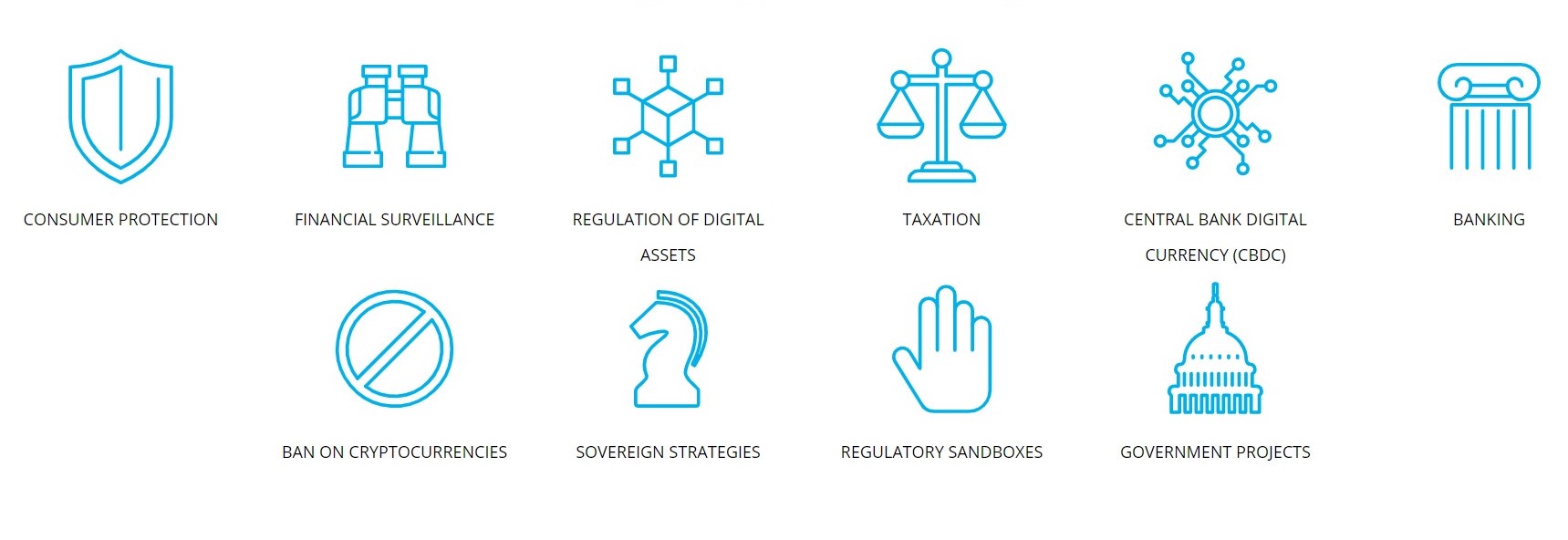
Blockchain developers of applications such as cryptocurrencies, digital identity, central bank digital currencies, tokenization and the green economy currently adopt different technical standards and are governed by diverse laws and regulations in the world today.
The Global Blockchain Business Council (GBBC) was thus formed in 2017, Davos, Switzerland as an industry association for the blockchain technology ecosystem. The organization seeks to further the adoption of blockchain technology to create more secure, equitable and functional societies through engaging global regulatory and business stakeholders.
In 2020, GBBC launched the Global Standards Mapping Initiative (GSMI), a joint effort with the World Economic Forum, to map and assess the blockchain and digital asset landscape in technical standards, legislation, and industry best practices and standards. Cataloguing outputs from over 30 technical standard-setting entities, 185 jurisdictions and almost 400 industry groups, the GSMI reports provided insights on key trends and provide action-oriented guidance for the public and private sector.
GBBC will continue to expand its effort this year through GSMI 2.0. Spearheaded by nine working groups which are represented by stakeholders from industry, government, and academia, each will focus on a topic of critical importance to the continued advancement of the blockchain technology and digital assets ecosystem. The final report would be released in Q4, 2021.

Three Singapore Management University (SMU) students from the Yong Pung How School of Law (YPHSOL), Andrew Young, (LLM, Year 2), Ong Shuyin, (LLM, graduating class of 2021), and Janessa Phua, (LLB, Year 2), have been selected for the inaugural batch of GSMI Fellows to work alongside GBBC and its working groups for GSMI 2.0 - a first by a Singapore university and law school. Selections are based on academic credentials, research experience, and recommendations from professors of GSMI partner universities. Only 16 GSMI Fellows from nine academic institutions have been selected across six countries this year.
As GSMI Fellows, they would have a unique opportunity to contribute to a major standards effort in the blockchain and digital asset space through regulatory research and analysis and monitoring assigned jurisdictions to ensure that the GSMI map of global regulation and guidance is fully updated with the latest regulatory, legislative and executive actions.
Ms Locknie Hsu, SMU Professor of Law and GBBC’s Ambassador for Education, who recommended the three SMU students, said, “As blockchain applications are getting increasingly common in business and finance, government agencies and businesses want to see work-and-industry-ready graduates who are familiar with these tools. The GSMI exposure helps to fulfil this objective by placing our students at the forefront of evolving issues in the real world. The SMU students will have the opportunity to participate in research work with real-world relevance to Singapore’s promotion of digitalisation of trade and financial activities. Importantly, the knowledge gained as a GSMI Fellow will allow them to develop a better contextual understanding of how the law needs to inter-operate and deal with technology and business issues, instead of viewing the law in a silo. It also allows them to collaborate with others across borders.”